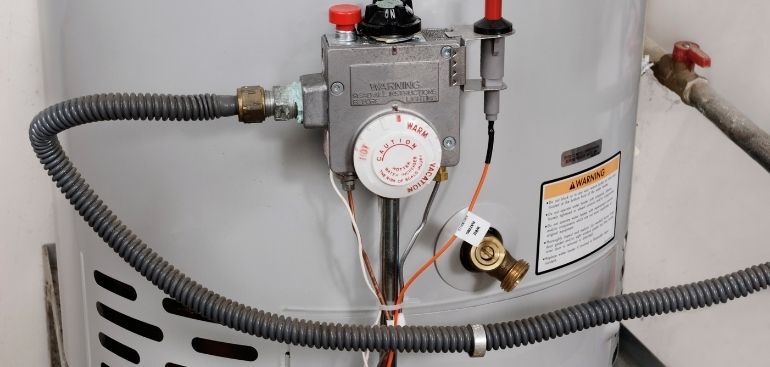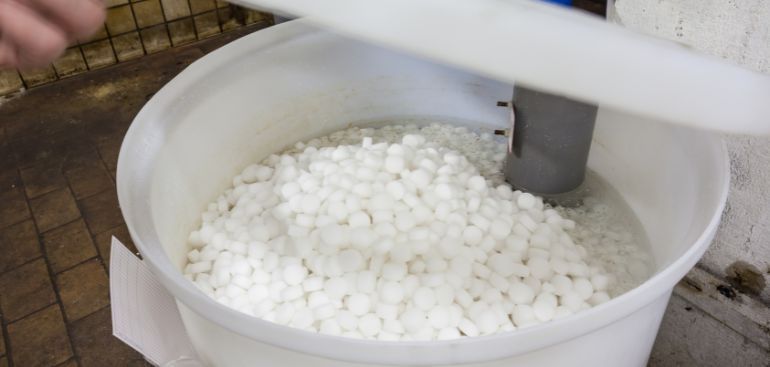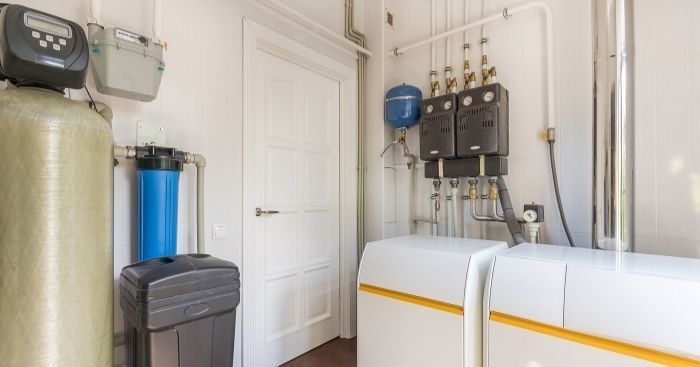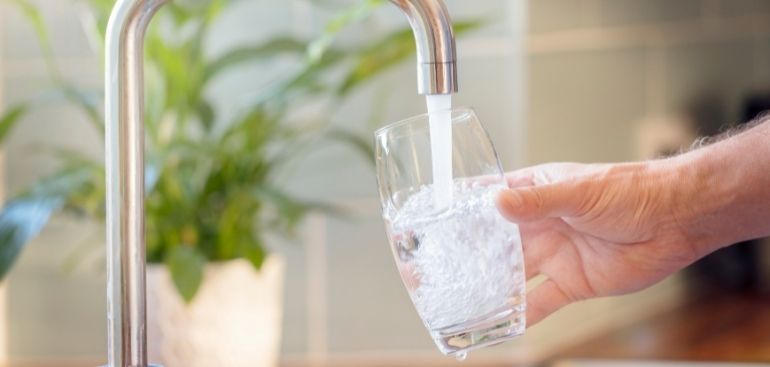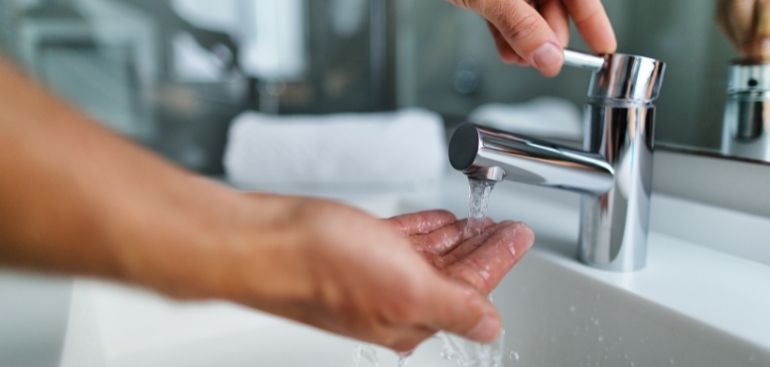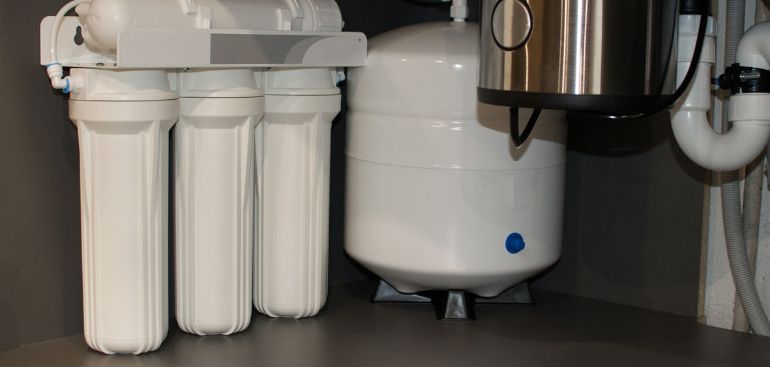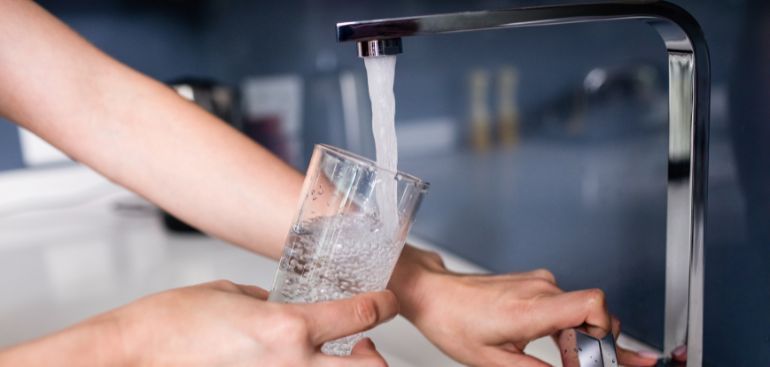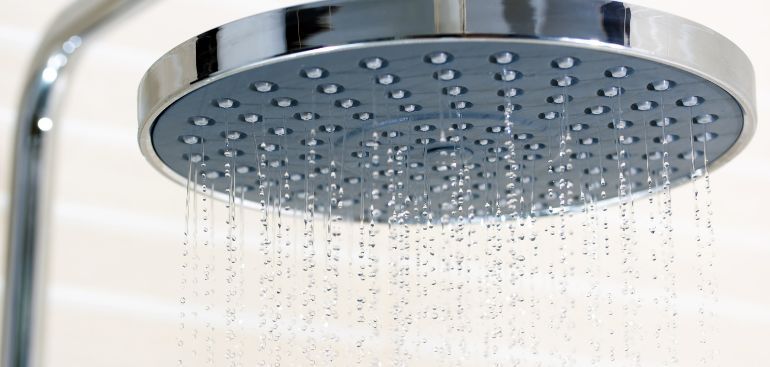How to Eliminate Odor from Hot Water Heater Denver, CO
Key Highlights
- A rotten egg smell from your water heater in Denver is typically caused by hydrogen sulfide gas.
- This odor indicates the presence of sulfur bacteria thriving inside your water heater tank.
- You can often solve this issue by replacing the existing anode rod with a zinc or aluminum model.
- Temporarily raising your water heater's temperature is a temporary fix that can also eliminate the bacteria causing the odor.
- Always flush your tank after any treatment to remove remaining bacteria and sediment.
- If the rotten-egg smell persists, it’s best to contact a professional plumber.


